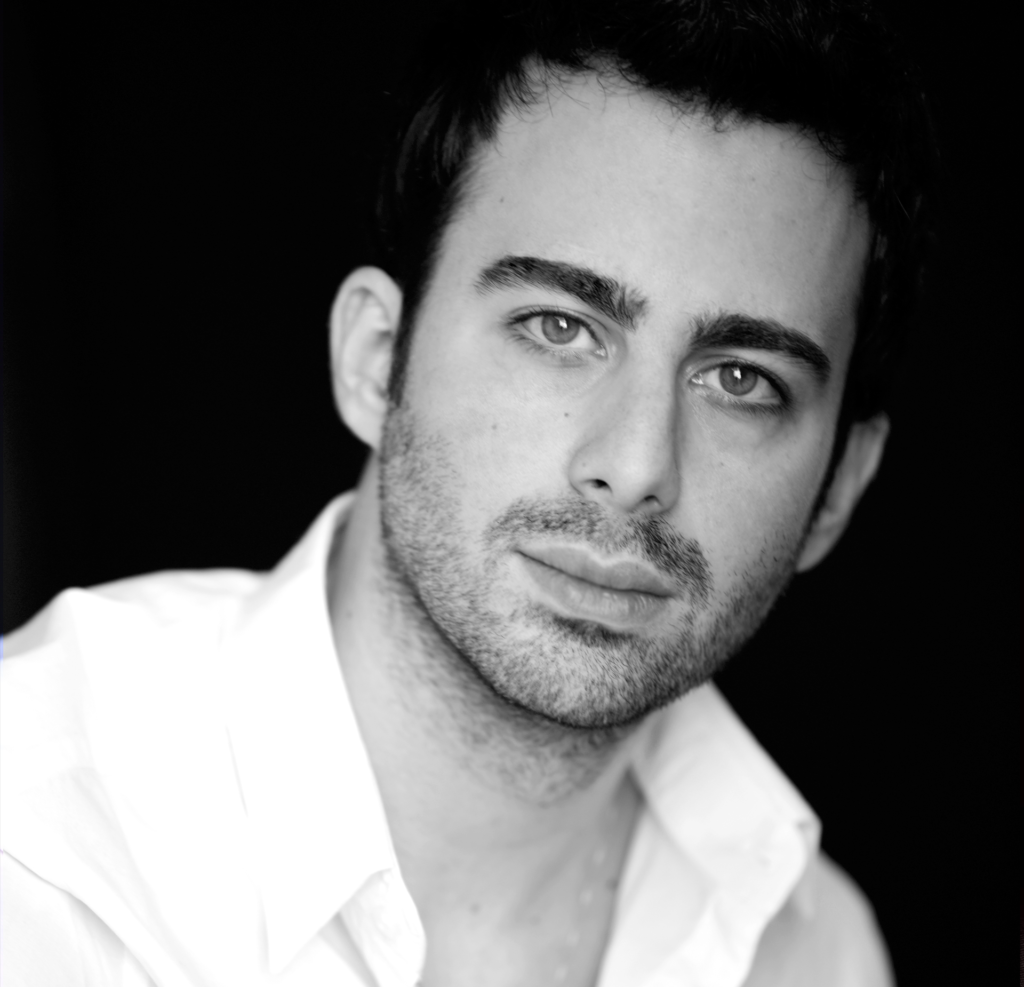Crowd Booed Eden Golan at Eurovision: Was the Filter Bubble to Blame?
- By Shay Menashe Levy
- 10 May 2024

Eurovision is a celebration of music, diversity, and international unity. But the phenomenon of the filter bubble—where algorithms personalize our online experience by showing us only content that aligns with our existing preferences—can shape our perception of the event, sometimes leading to polarized and narrow views. Recently, an incident at a Eurovision dress rehearsal has brought this issue to the forefront, demonstrating how different perspectives can clash, resulting in tension and controversy.
What Is the Filter Bubble?
The filter bubble occurs when platforms like social networks and search engines use algorithms to present content tailored to an individual’s behavior, preferences, and beliefs. This personalization can lead to a curated online experience, reinforcing existing opinions and limiting exposure to diverse viewpoints. While this can create a more engaging and enjoyable user experience, it also has the potential to create echo chambers and exacerbate divisions.
Positive Aspects of the Filter Bubble
The personalization offered by the filter bubble can enhance the Eurovision experience for fans. If you love Eurovision, platforms like YouTube and Instagram can recommend performances, interviews, and other related content based on your interests. This tailored experience allows fans to stay updated on their favorite artists and discover new music.
In the context of Eurovision, the filter bubble can help fans connect with like-minded people and build a sense of community. Fans can share their excitement, discuss performances, and engage in friendly competition through social media platforms.
Negative Aspects of the Filter Bubble
However, the filter bubble can also have negative consequences, as it can limit exposure to different perspectives and create echo chambers where dissenting opinions are rarely encountered. In the case of Eurovision, this can lead to nationalistic biases or a lack of appreciation for the event’s diverse and inclusive spirit.
A recent incident at a dress rehearsal in Malmö highlights the darker side of the filter bubble. During the performance of Israeli entrant Eden Golan’s song “Hurricane,” some spectators reportedly booed and even left the hall. This reaction was linked to tensions involving Israelis and Jews, which Israeli Ambassador to Sweden Ziv Nevo-Kulman explained. According to the Ambassador, the atmosphere in Malmö was “very difficult” due to the presence of many Middle Eastern immigrants and extreme elements with strong political views.
This incident underscores how filter bubbles can contribute to division and hostility, especially when certain groups or individuals are singled out due to their nationality, religion, or political stance. In this case, the negative reactions towards Eden Golan reflect the impact of polarization and the risk of misinformation and extreme attitudes spreading within echo chambers.
Opinions on the Filter Bubble
The concept of the filter bubble has sparked a range of opinions among tech experts, sociologists, and critics of digital media. Eli Pariser, author of “The Filter Bubble: What The Internet Is Hiding From You,” contends that filter bubbles can lead to a narrowing of perspectives, resulting in an environment where misinformation and polarization thrive. According to Pariser, when algorithms create personalized echo chambers, they may undermine democratic principles by limiting exposure to diverse viewpoints.
On the flip side, Jaron Lanier, in “Ten Arguments for Deleting Your Social Media Accounts Right Now,” explores a different angle. He argues that personalization isn’t inherently negative, but it’s the exploitation of these algorithms to manipulate user behavior that is problematic. Lanier suggests that giving users greater control over the data used to shape their online experiences could help combat the adverse effects of filter bubbles.
There are also those who believe the filter bubble is a necessary trade-off in an era of information overload. Some tech entrepreneurs argue that personalization improves user experience, allowing people to access content that’s more relevant to them. From this perspective, filter bubbles help users navigate the vast ocean of online content without feeling overwhelmed.
These varying opinions highlight the complexity of the filter bubble phenomenon. It’s clear that while personalization can make our online interactions more enjoyable, it can also create a fragmented digital landscape with limited room for differing viewpoints. The challenge lies in finding a balance between personalization and inclusivity to ensure a healthy, informed society.
Breaking Free from the Filter Bubble: Personal Insights and Solutions
As someone who appreciates diversity and open dialogue, I find the filter bubble concerning. While personalization can enhance the user experience, the resulting echo chambers can lead to polarization and the spread of misinformation. The incident at Eurovision shows how deeply entrenched biases can lead to negative outcomes when people are isolated within their filter bubbles.
To address this, I believe we need to actively seek out diverse viewpoints, engage in open conversations, and encourage platforms to be more transparent about how they use algorithms to shape our online experiences. This could involve questioning the content we’re exposed to and challenging our own assumptions by engaging with different perspectives.
When marketing a product or company, it’s crucial to break out of filter bubbles to reach a wider audience. One effective strategy is to diversify your advertising platforms, ensuring your content appears in places where people with varying interests can see it. This helps you avoid creating echo chambers and ensures your message reaches people who may not fit into a specific demographic or preference category.
Collaborating with influencers from various backgrounds can also help bridge gaps between different online communities. By working with individuals who have a wide reach and varied audiences, you can bring your product or company into new circles and potentially reduce the isolation created by filter bubbles.
To get out of the filter bubble on a personal level, try exploring different sources of news and content. Follow a diverse range of people on social media, including those with opposing views. This will help broaden your perspective and reduce the impact of echo chambers. Similarly, you can use privacy-oriented search engines or browsing modes that don’t track your behavior, reducing the likelihood of algorithmic personalization. By fostering a culture of inclusivity and promoting balanced perspectives, we can counteract the negative effects of filter bubbles and contribute to a more harmonious society.

marketing strategy

Analytic

Creative content

Social Media

Communities

Business branding

Ui UX Design

Web Developer

graphic design


